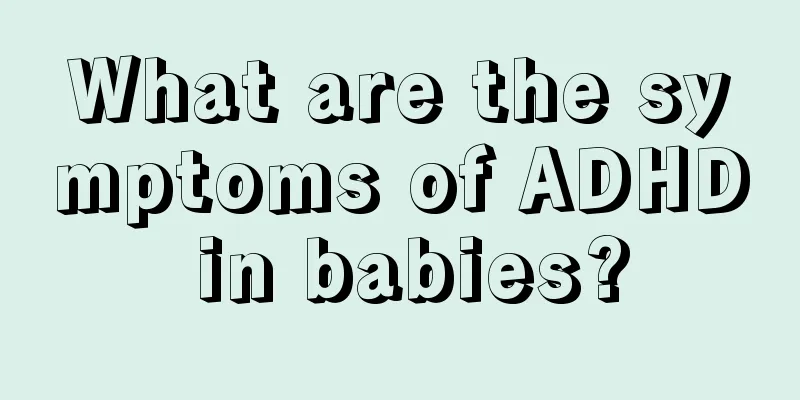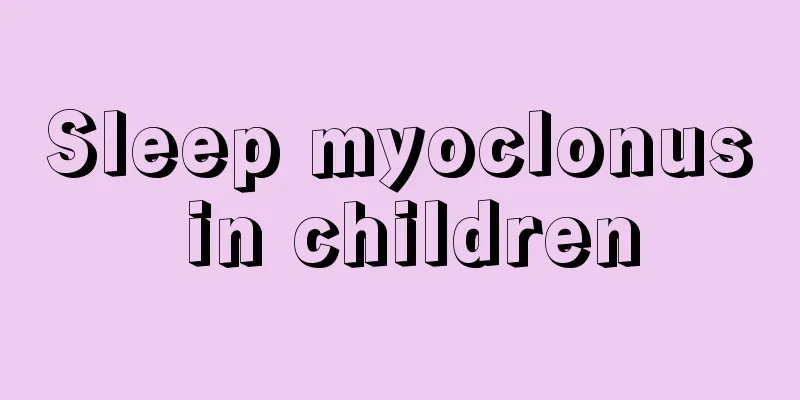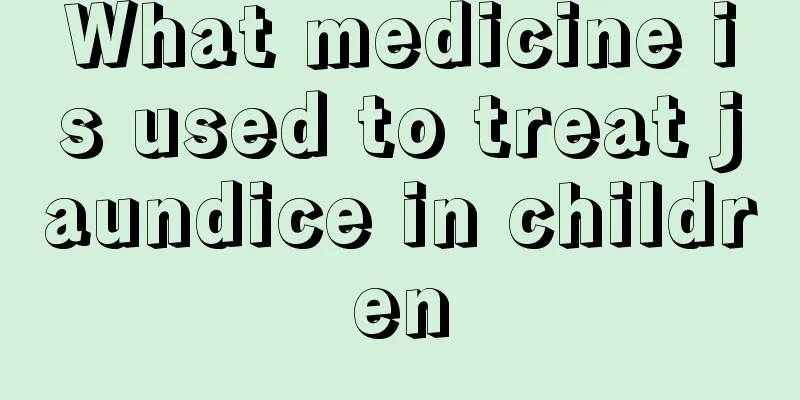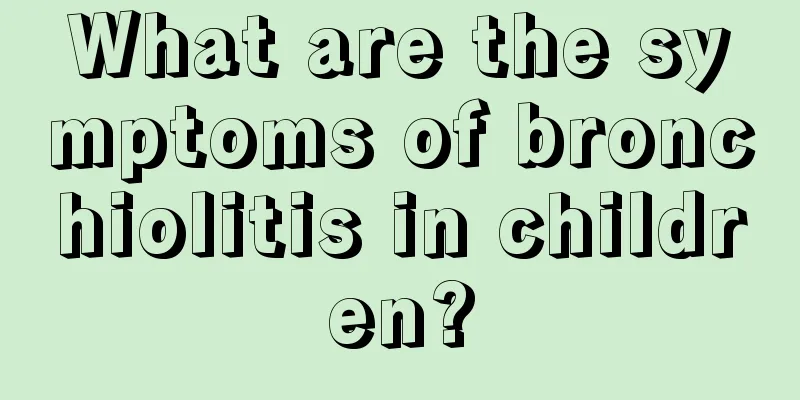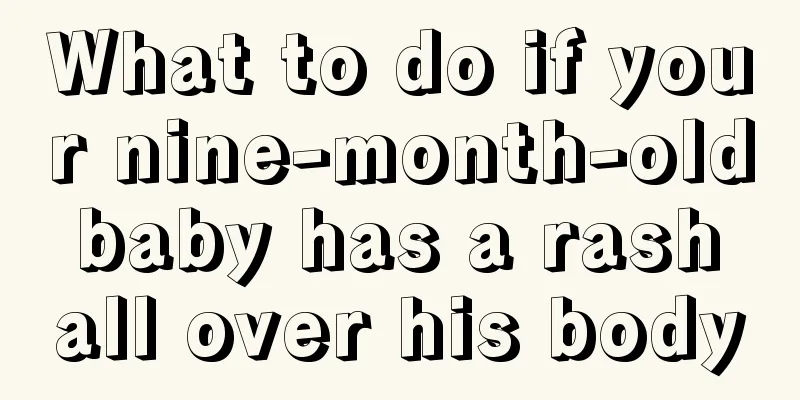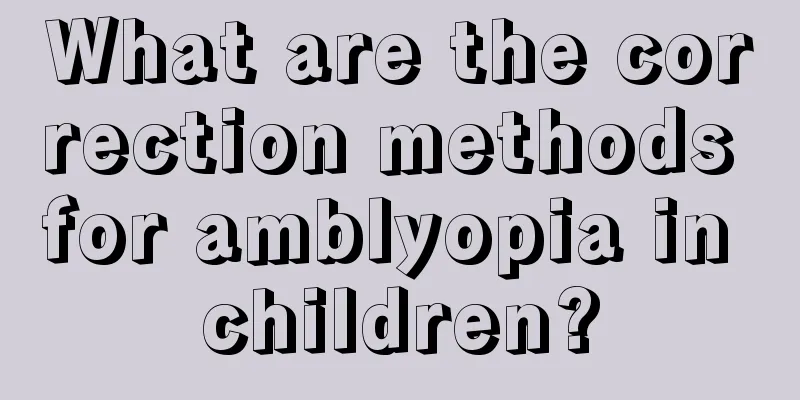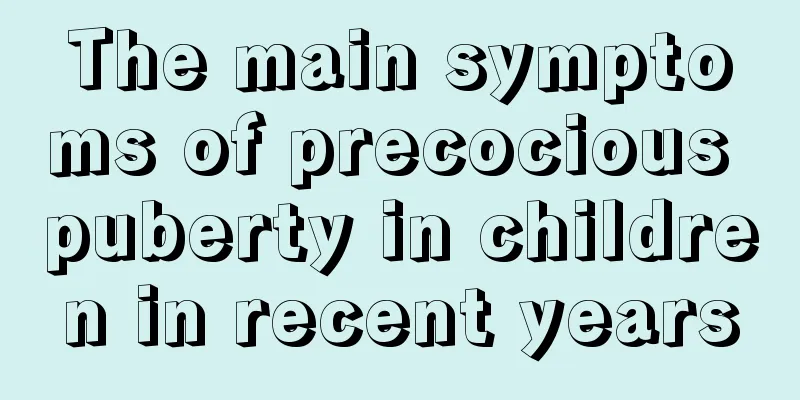How do you know if your baby has anemia?
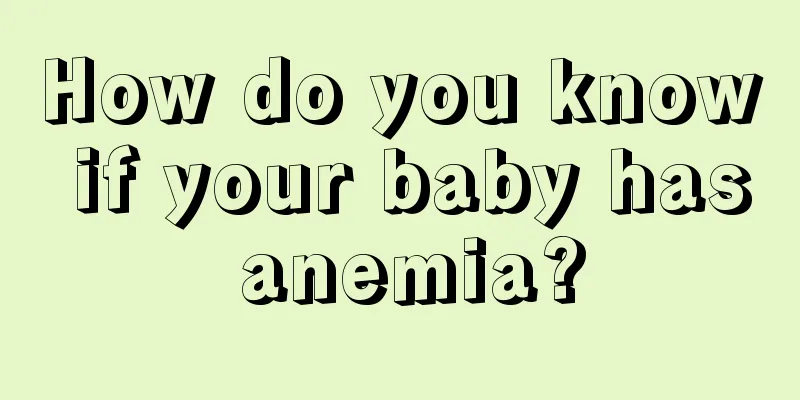
|
Recently, many people have suffered from anemia to varying degrees. This condition is very serious. It is relatively better when it happens to adults, but some newborn babies have also suffered from anemia recently. This makes our parents and friends very distressed. Maybe many of us do not have a clear understanding of how to know if the baby has anemia. Let us learn about the related issues of how to know if the baby has anemia. 1 First, you can judge by observing the child's words and expressions. Generally, the most direct way is to look at the child's face. This is how the elderly used to judge. However, this is not the most accurate method. Sometimes the child's face expression cannot be expressed well. Therefore, you can also observe the child's nails, conjunctiva, lips, tongue, etc. with the naked eye. This is actually more reliable than looking at the complexion. If the complexion appears very pale, it may be anemia. The nails are pale and the conjunctivae are congested. If your lips are colorless, you should consider whether you have anemia. These can serve as evidence of anemia. Babies with anemia are often lazy, listless, have loss of appetite, and are irritable. The appearance and severity of symptoms are related to the degree of anemia and the speed of onset. The more severe the anemia, the more obvious the symptoms. Another most direct and effective way is to check the test results: the test results are relatively reliable indicators. The standard is that children aged 6 months to 6 years old are diagnosed with anemia when their hemoglobin is lower than 110 g/L, and children aged 6-12 years old are diagnosed with anemia when their hemoglobin is lower than 120 g/L. If your baby shows some symptoms similar to anemia, it is best to confirm through examination and receive timely treatment. 2. Anemia in children aged eight to nine months to two years old is mostly caused by a lack of iron in the food. It is more common in premature infants who do not get enough iron from their mothers. The following are common causes of anemia in children. Sometimes babies are accidentally exposed to lead used in paint and develop anemia from lead poisoning. Lead in toys and paint on iron railings can also cause poisoning and anemia. If children have the above-mentioned toxic items around them, they should be sent to the hospital for examination. Children suffering from hookworm disease may develop severe anemia. When eating vegetables that are not fertilized with chemical fertilizers, be sure to check for worm eggs in the feces. Children with chronic nephritis may also develop anemia. If anemia is suspected, do not forget to do a urine routine test. Some preschool children like to eat refined white rice and do not like to eat fish, eggs and green leafy vegetables, which leads to anemia due to iron deficiency. Although folic acid deficiency can also cause anemia, it often occurs at the same time as scurvy, which is due to not eating vegetables and fruits. Long-term use of anti-epileptic drugs can lead to folic acid deficiency and cause anemia. Therefore, children with epilepsy need to be careful when taking phenytoin sodium. Once anemia is diagnosed, active treatment is required. Many infants and young children suffer from iron and vitamin deficiency due to excessive dependence on milk. Iron is the basic element for hematopoiesis, and some vitamins are substances that promote iron absorption. Iron deficiency can cause children to be weak, sleepy, and iron-deficiency anemia. However, the iron content in milk is relatively low, and the human body's absorption rate of iron in milk is only 10%. Currently, about one-third of infants and young children in my country suffer from iron deficiency or anemia. Experts recommend that infants and young children should be given appropriate complementary foods and a diversified diet when they are not breastfed and after weaning. At four or five months, you should gradually supplement your baby with foods that are high in iron and vitamins, such as egg yolks, lean meat, pork liver, green vegetables and fruits, to supplement iron from food. The above content introduces us to the related issue of how to know if the baby has anemia. I believe everyone has a clearer understanding of this. We must do relevant inspections in advance to avoid the problem of worsening baby anemia, which will have a great impact on our baby's body. I hope the above content can attract the attention of all mothers. |
<<: How do you know if your baby is zinc deficient?
>>: Introduction to the difference between wind-cold and wind-heat cold in children
Recommend
Why do children sweat so much?
If a child likes to sweat, parents will definitel...
Is it okay for children to lose their teeth late?
Teeth are very important to each of us. Once teet...
What is the most nutritious thing for children to eat for dinner?
Children's food is very important and must be...
How to treat children's heart fire and liver heat
Children are the apple of their parents' eyes...
How to massage a newborn baby
Massaging a newborn is a popular scientific metho...
How to treat mycoplasma pneumonia in children?
Generally, children will have troubles after bein...
What to do if your two-year-old baby has a runny nose
It is very important for the baby to be healthy w...
Symptoms of baby's eyelid hemangioma
Because the immune organs of newborns are not ful...
Can a child who has had chickenpox get it again?
Many people have had chickenpox in childhood. As ...
What causes left chest pain in children?
There are many common problems, and there are goo...
Why does my child cough in the middle of the night?
Parents with babies at home may have this experie...
Can a one-year-old baby eat honey?
Honey is very nutritious. Eating honey regularly ...
What's wrong with the bleeding spots on the baby?
Children are a group that we all need to pay atte...
Newborn baby's stool smells sour
We all know that newborns usually eat their mothe...
How to treat abdominal pain in children
Every child will always encounter some health pro...
